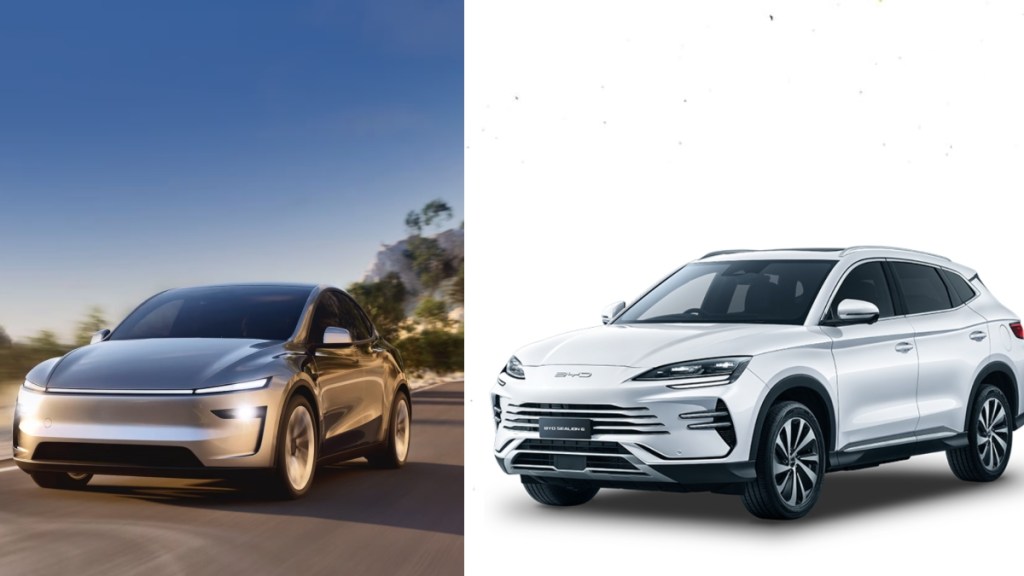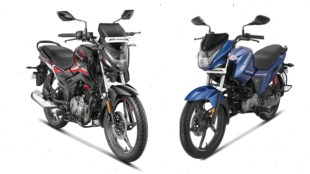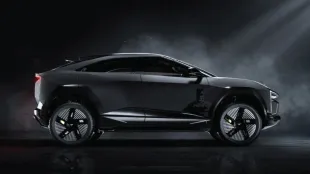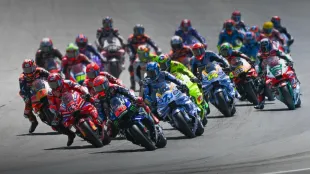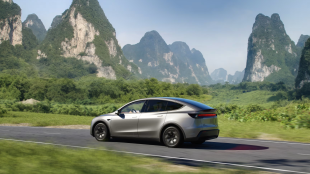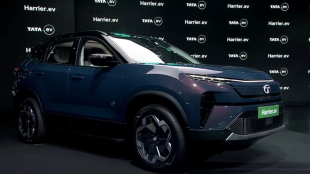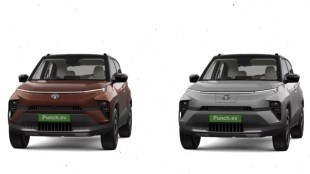There’s a huge uproar about Tesla’s entry into India and how it can potentially disrupt the Indian EV market. Similarly, BYD entered the Indian passenger car market a couple of years ago and though the Chinese EV giant has carved out a niche for itself, we can’t say the company has achieved that level of success to say that it has disrupted the EV market.
Further, the BYD group has been present in India since 2007, manufacturing electric buses. Hence, the company was able to leverage the presence of its commercial vehicle vertical when it decided to jump into the PV market. A recent report says that it will be very difficult for premium foreign OEMs like Tesla and BYD to disrupt the Indian EV market.
According to the Anand Rathee report, global EV brands like Tesla and BYD face multiple challenges in penetrating the Indian EV market while new entrants like VinFast and JSW MG have limited competitive impact. The report highlights four main factors limiting competition: a strict electric vehicle (EV) policy, difficulties in obtaining investment approvals for Chinese companies, a small EV market with only 2% penetration, and a lengthy product localization cycle of two to four years for global automakers.

Challenger for Tesla
The main challenge Tesla faces in the Indian market is affordability. The Indian market is still a highly budget centric market and the current government policies do not favour fully imported vehicles even if they produce no emissions. With 110 percent import duties, a Model Y would cost as much as Rs 55 lakh in India, considering it is Tesla’s most affordable model on sale globally.
While there are discussions in the government whether to reduce the import duties from 100 percent to 15 percent for certain OEMs, nothing has been confirmed as of yet. There also have been murmurs of Tesla bringing out a more affordable, Rs sub-21 lakh model in India, it doesn’t seem realistic in the near future.
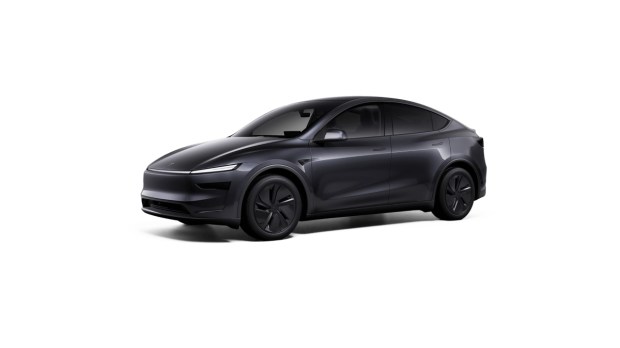
Roadblock for Chinese EV brands
India’s military tussles with China on the borders in recent years has ensured strict Foreign direct investment (FDI) policies involving its neighbour. As a result, MG Motor, which was a wholly-owned subsidiary of SAIC Motor, had to partner with Jindal Steel Works (JSW) to dilute its Chinese stakes earlier last year. Even after this transition, JSW MG Motor has struggled to gain a foothold in the Indian EV market with only a 1.5 percent market share in FY25.
BYD shares a similar fate, although the company hasn’t partnered with a local entity yet. Another foreign EV brand like Vinfast, is set to introduce electric SUVs VF6 and VF7 during the festive season later this year. However, BYD’s global presence remains small, with financial struggles and a stock price decline of 80 per cent since its listing.

In India, Chinese FDI transactions require strict approvals under the PN3 clearance process, which permits only limited joint ventures, limiting the scope of growth of Chinese companies in India. Furthermore, the Anand Rathi report highlights that the top four passenger vehicle manufacturers account for over 75% of the market, posing challenges for new entrants to gain a foothold. In light of these market conditions, Maruti Suzuki remains the preferred stock choice, maintaining its dominance in the Indian passenger vehicle segment.
With inputs from ANI
